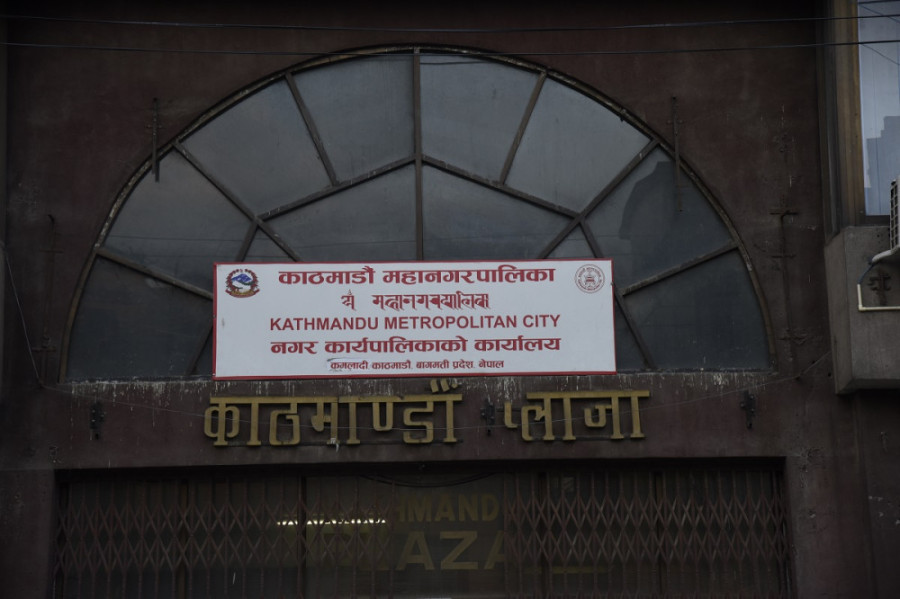Kathmandu
Kathmandu metropolis plans sorting household waste sector-wise
Officials say the 32 wards of the city will be divided into eight sectors and waste materials will be segregated in the respective blocks.
Post Report
In a bid to lessen the quantity of household waste and keep the city clean, the Kathmandu Metropolitan City has been working to segregate degradable and non-degradable waste materials in various places of the city.
Officials said that the 32 wards of the metropolis will be divided into eight sectors and the waste materials will be segregated in the respective blocks.
“Quantity of the waste materials to be sent to the dumping site will be lessened if we can segregate degradable and non-degradable waste,” said Rabin Man Shrestha, chief of the KMC’s environment department. “We can also collect revenue from the reusable waste.”
Sector-wise segregation of household waste is among the measures the city office has been planning to apply to keep the city clean. The metropolis has deployed 300 cleaning staff—150 men and 150 women—to collect waste discarded at public places, including roadsides and riversides.
The metropolis has also been using 100 workers deployed under the Prime Minister Employment Programme, the national flagship scheme introduced in 2019 that guarantees employment to registered unemployed people. They are tasked with clearing dust and weeds from pavements.
The concerned city department has also been using broomer machines to remove dust from the roads.
Officials said that they have also started segregating household waste into biodegradable and non-degradable varieties at its waste transfer station in Teku. The city office is preparing to sell non-degradable waste such as plastic and metal. Some degradable waste is being used in the bio-methanation plant provided by the European Union.
“We will also ask people to segregate waste at home once we start collecting waste sectors,” Shrestha said. “Currently we are managing the waste of the city and our new plan aims to manage the landfill site.”
Waste segregation at the source was one of the measures Mayor Balendra Shah touted as a solution to Kathmandu’s chronic garbage problem. After he assumed office, Shah asked city residents to start segregating waste at the source. They started doing so, using separate bins in their homes. But the plan didn’t work, largely due to a lack of preparation on the KMC’s part.
Kathmandu Valley generates over 1,200 tonnes of solid waste every day, nearly 60 percent of which comes from the KMC alone. Experts say 60 percent of organic waste originating in the Valley can be converted into compost and the remaining 30 percent of non-degradable waste can be recycled.




 9.6°C Kathmandu
9.6°C Kathmandu










